NE LAISSER PAS LE 5G DETRUIRE VOTRE ADN Protéger toute votre famille avec les appareils Quantiques Orgo-Life® Publicité par Adpathway
For many years now, the government of Viktor Orbán in Hungary has been attacking the LGBTQIA+ community. In 2021, the so-called “propaganda law” banned discussions about gender and sexuality in schools, the media, advertising and bookshops, mirroring a Russian law from 2013.

Then, in March 2025, the government amended the Hungarian Fundamental Law (the country's constitution), restricting the right to assemble in support of LGBT rights.
The text also permits the use of facial recognition technology by the authorities to identify event organisers and attendees, both of whom could face fines of up to €500. The government's explicit intention is to ban Budapest Pride, which is scheduled for 28 June 2025. Máté Hegedűs is a Budapest Pride spokesperson and LGBTQIA+ activist based in Budapest, Hungary. Here, they share their impressions of the political and social climate.
Voxeurop: What's the situation right now in Hungary?
Le meilleur du journalisme européen dans votre boîte mail chaque jeudi
Vous pouvez vous désinscrire à tout moment *
Máté Hegedűs: We are in the middle of a communication crisis, connected to Budapest Pride being banned. For almost two months now, we have been trying to get the word out that even though the government is trying to ban our protest, which is the 30th Budapest Pride March, we're still gonna go ahead and stand up for our rights.
Cet article vous intéresse ?
Il est en accès libre grâce au soutien de notre communauté. Publier et traduire nos articles à un coût. Pour continuer à vous informer en toute indépendance, nous avons besoin de votre soutien.
Multiple things have changed in the legal system. I'm not a lawyer, but I will try to summarise it. There's been another change in our fundamental law, which is basically the Hungarian constitution. And the new change in the assembly law that gives us our right to protest is referring to this new change in the fundamental law.
We used to have to announce our protests to the police three months prior to the event, which would have been March 27. Since they couldn't change the law fast enough, they just shortened this announcement period to one month.
So we'll have to announce it now, at the end of May. It's clear these changes are just here to stop us from marching, protesting. And I think the reason behind that is just simply political.
Every time there's an election coming up in Hungary, the governing party, Fidesz, just pulls out the LGBTQ community as a scapegoat, and does something similar. This was the case with the 2021 propaganda law, which is a copy of the Russian law that limits media coverage and education on LGBTQ topics.
The law banning Budapest Pride has already been passed. What can you do to actually revert this?
It's about protesting and making your voice heard. And that's pretty much your biggest means of acting against this.
We are trying to make the march as safe as possible for everyone who wants to join. But we know that there could be legal steps after this that we are ready to go to court for. For example, the government is using scare tactics of facial recognition for the participants of the protest, which is really frightening to many people because they don't want to pay fines, as many struggle with financial problems now.
Because of the official recognition system, many people are scared. But even if people are fined, we can take those cases to court so that in theory, no one has to pay in the end.
The EU has already criticised the decision and there are talks about making moves against the government.
It's really difficult to influence the government. Right now, they feel like they are losing power, because other opposition parties are gaining popularity. Hopefully next year's election can be a time for change.
We have this new candidate, Péter Magyar, whose party is more popular than Fidesz. I think one of the reasons for Fidesz to do this is to make him react to this [ban], so they can use his reaction against him. But he is really persistent with that, and hasn't said anything about it.
We as an organisation are just really hopeful that he keeps his word on re-establishing the democratic system, where we can also sit down with government officials, which has not happened for many, many years now.
Péter Magyar hasn't really pronounced himself on the Pride ban. Does he fear losing potential voters over the Pride ban?
I think he doesn't say anything about it because of this fear, which is quite sad. But I think this could also be a gamble. I think there's a big voter base on the right side and on the left side, and there's a big political center.
I think he is trying to win over people who are fed up with Fidesz. And I think that's a base that he could lose by speaking up about Pride. He comes from a conservative background, so that's also a possibility.
It's been four years since the propaganda law. What has changed in Hungary with the climate when it comes to LGBTQIA+ issues?
Even before the propaganda law we had the ban on legal gender recognition, which is really affecting a lot of transgender and intersex people on a daily basis.
The propaganda law also has effects. NGOs are not allowed to go to schools without the permission of the principal. And obviously the principal doesn't want to get in trouble, so they don't allow any NGO to come if it's not in support of the government. Even though Fidesz puts a lot of effort into [making] people homophobic and transphobic, because hate makes it easy to mobilise people, the numbers show something different.
So, for example, there's no support for the interdiction of legal gender recognition. More than 70% of people support the right of transgender people to choose their own name and gender marker. Approval of same-sex marriage is above 60% now.
'It's nice to see that other people are also not giving up, not leaving Hungary'
And even the support of the Pride March went from 6% to 21%. From 2019 to 2023, the number of people who know LGBT people surpassed 60%.
So that means that the effect the government actually has is just that people are coming out and are becoming more visible to others. That may be the reason behind the other numbers going up, because if people know LGBT people, loved ones or even acquaintances, they will be more accepting towards them.
Maybe that's also the reason behind the change in politics. I'm not sure, but it's more hopeful than it seems sometimes. Although we have different LGBTQ groups outside of Budapest [...] most people move to Budapest, because it is viewed as a more accepting and safer place.
I'm just proud of that and it's nice to see that other people are also not giving up, not leaving Hungary. They are staying and they are fighting in their own way, creating spaces for community.
Would you say that the mood is very combative and not so anxious about the situation, or is it more like a mix of things?
I think as far as Hungarians can be angry and revolutionary, it is. It's high, but I think in that way Hungarians are interesting, because we want to change the system, but it's hard to act on it sometimes.
NGOs are separated and everyone is busy with their own problems. They can’t come together and rise up. We had the teachers’ protests [in 2023]. This year we had judges protesting. There's multiple groups and I think it's beneficial for the government that we are not coming together. So maybe, hopefully, the right to protest can be unifying.
We hope there will be many people at the Pride March. We received a lot of comments and messages saying, “I never went to the Pride March, I don't really agree with it. But this year I got on because it's about much more now.”
Is it something that you are able to communicate to the population?
We are trying to communicate as much as we can. We are 15 organisers and most of us are volunteers. One in six is employed or part-time employed. It's a big task and we have our limits in terms of resources. We were also affected by Trump freezing some of the funds.
We are trying to work with embassies and influential people, TikTokers or TV presenters. But Fidesz and the government have endless resources when it comes to communicating. It's really hard to counter that.
Le meilleur du journalisme européen dans votre boîte mail chaque jeudi
Vous pouvez vous désinscrire à tout moment *
Usually, around 60% of the budget comes from grants. And now it's changing. Because companies are scared to support us. But there are some who still do, which is really important.
If you are not in the twelve NGOs, and I'm serious when I say it's twelve, that are receiving government funding, then you have to rely on grants and resources from abroad. We have to either collaborate and apply to EU grants or compete in the same grants.
I'm always surprised by how we cover the LGBT community in Hungary as sort of helpless victims in the rest of the EU. We misunderstand the situation.
Yeah. I think, generally, Hungarians are a bit [seen] like victims, maybe because we had so many protests and uprisings in our history that simply failed.
Even though we don't want to be these victims, and we are doing the work and standing up for ourselves, I think we have this limit of how we can imagine this utopia of freedom. Because it wasn't really experienced fully for a long time now.
We had this small period until 2010, when Fidesz came back into power. I was mostly a child back then. So it's maybe hard to imagine the [goal] that we want to reach in the end.
Maybe it’s about relearning some things that we think we know how to do, like politics, democracy. We never had anything above 35,000 [attending the Budapest Pride], but maybe we can reach the highest number ever. I think if there's enough people, it will be really scary to the government.


.png) 1 month_ago
23
1 month_ago
23






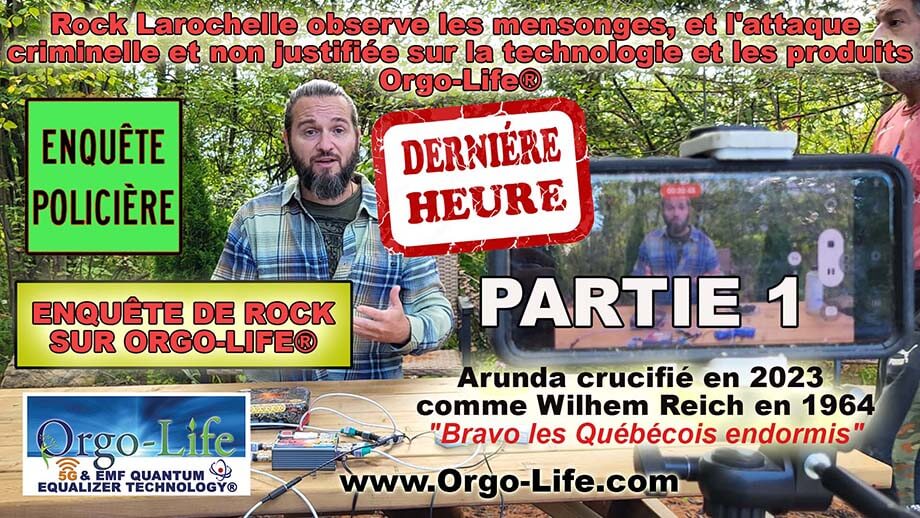


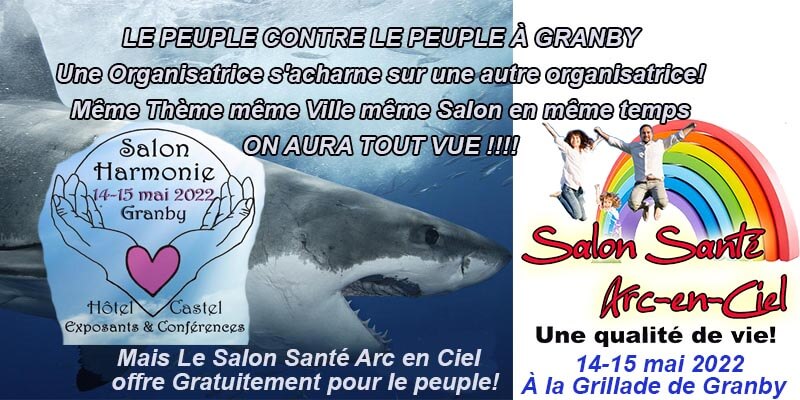



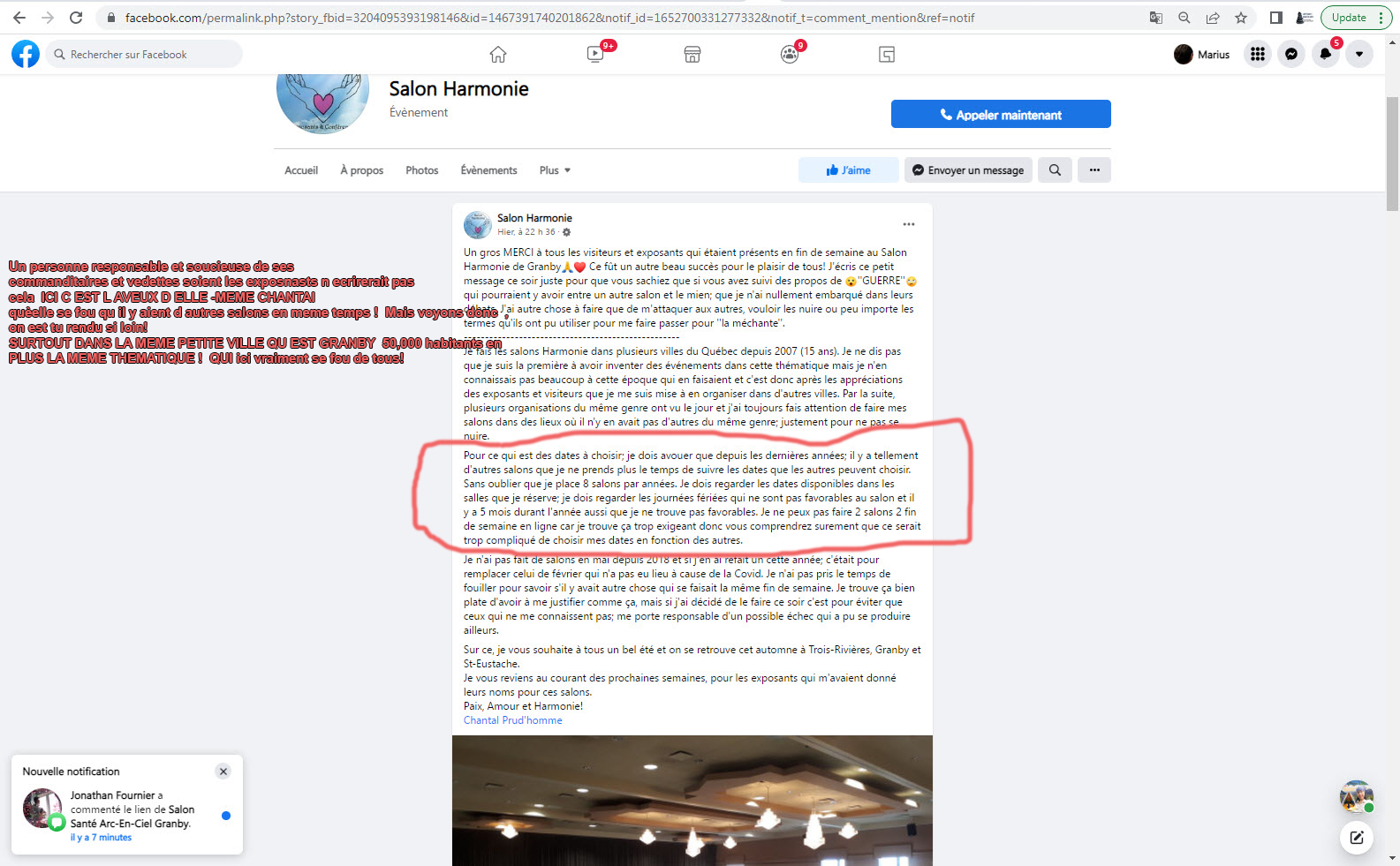

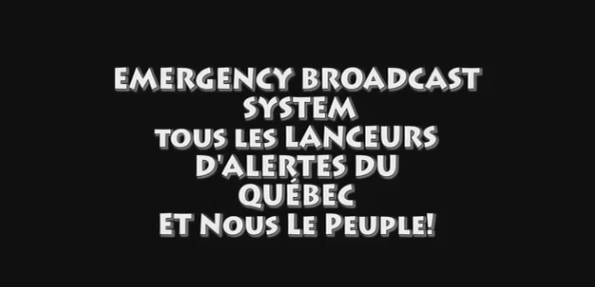
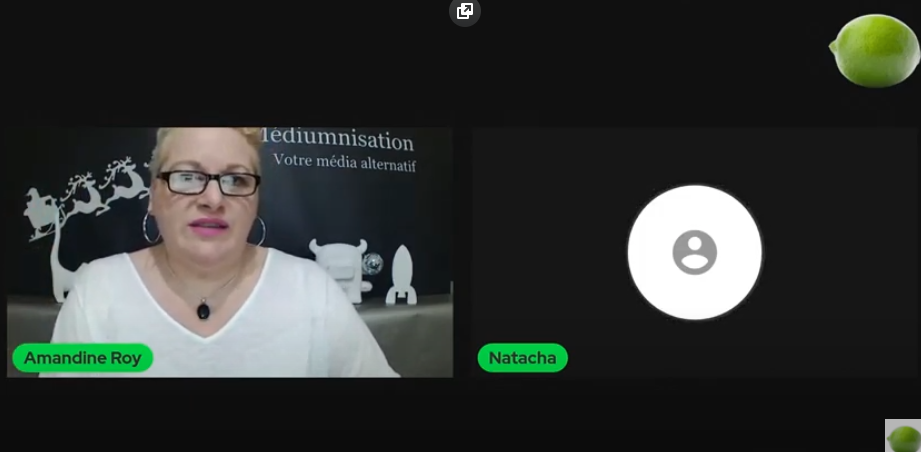
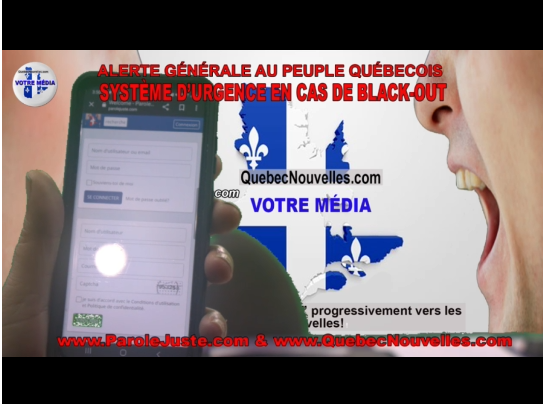


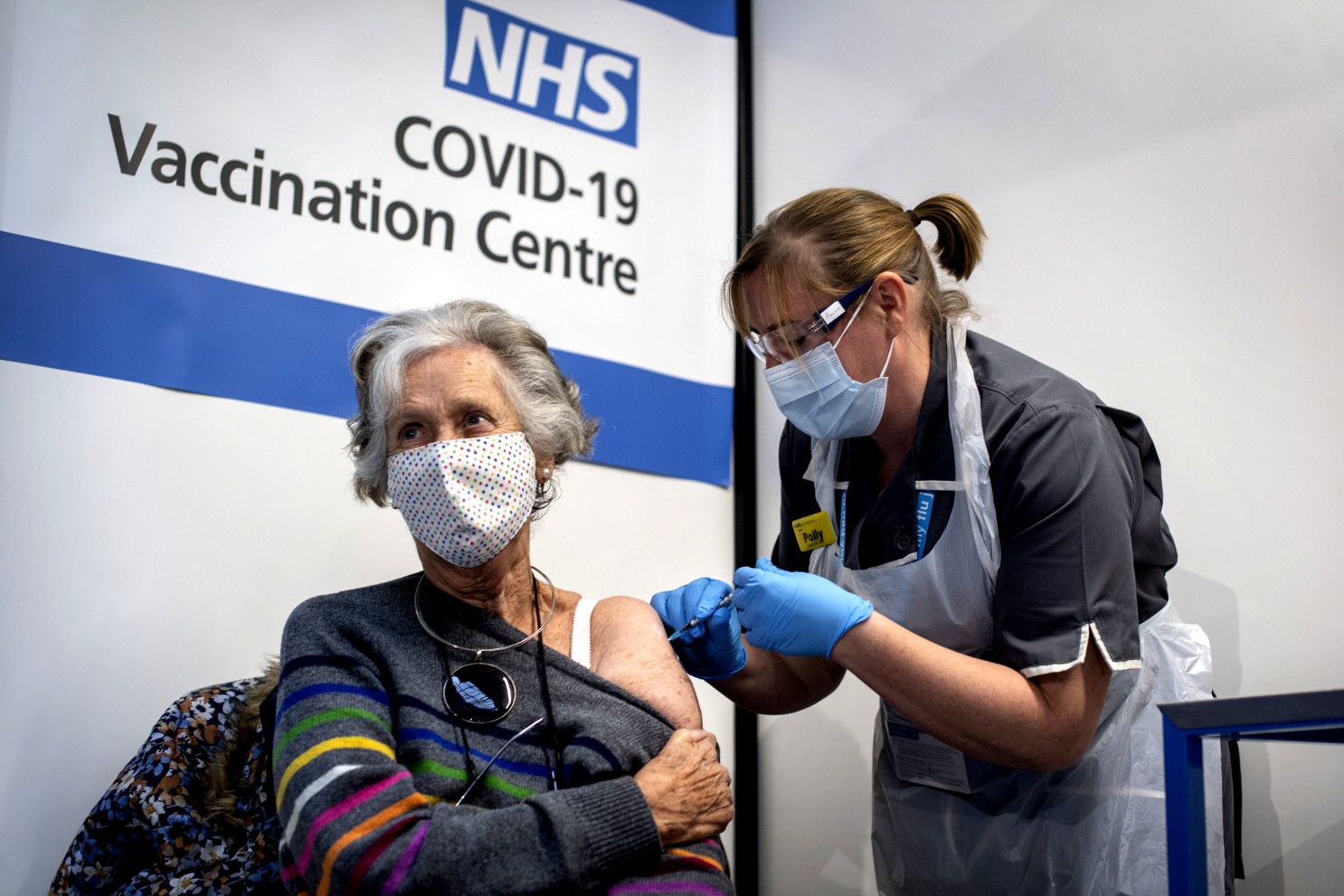
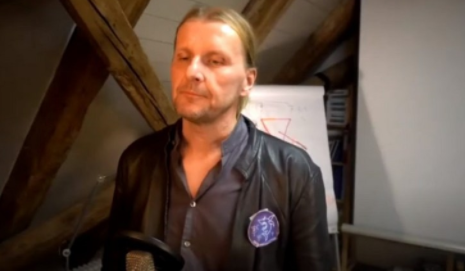



 French (CA)
French (CA)